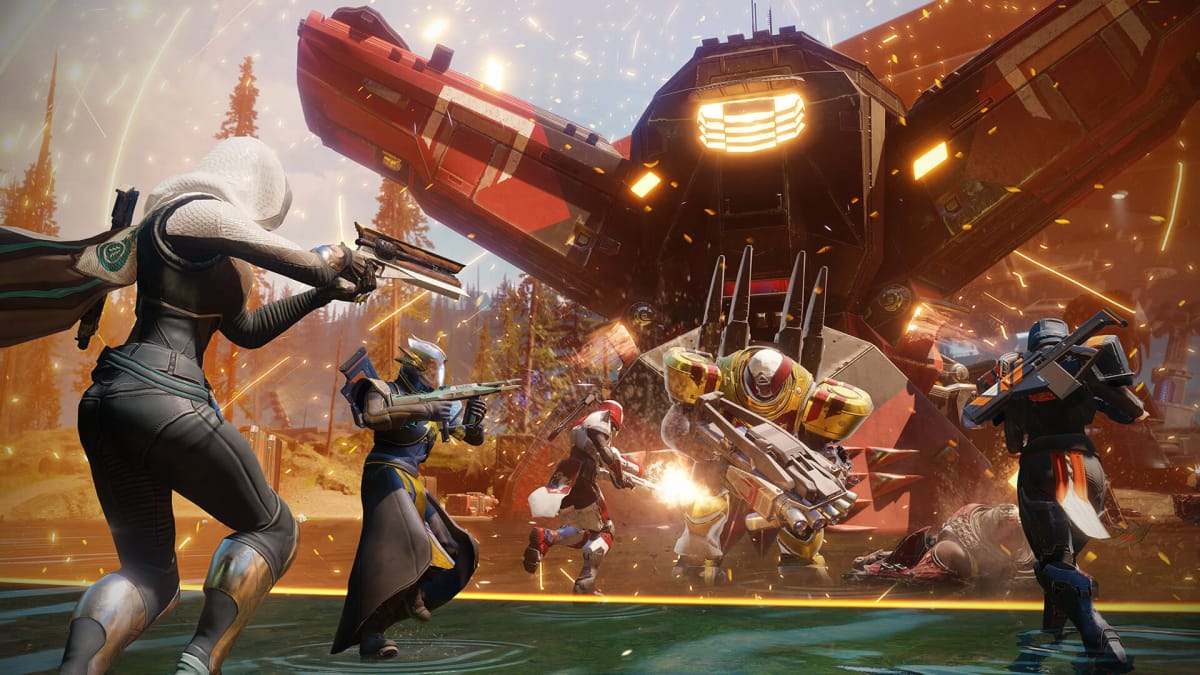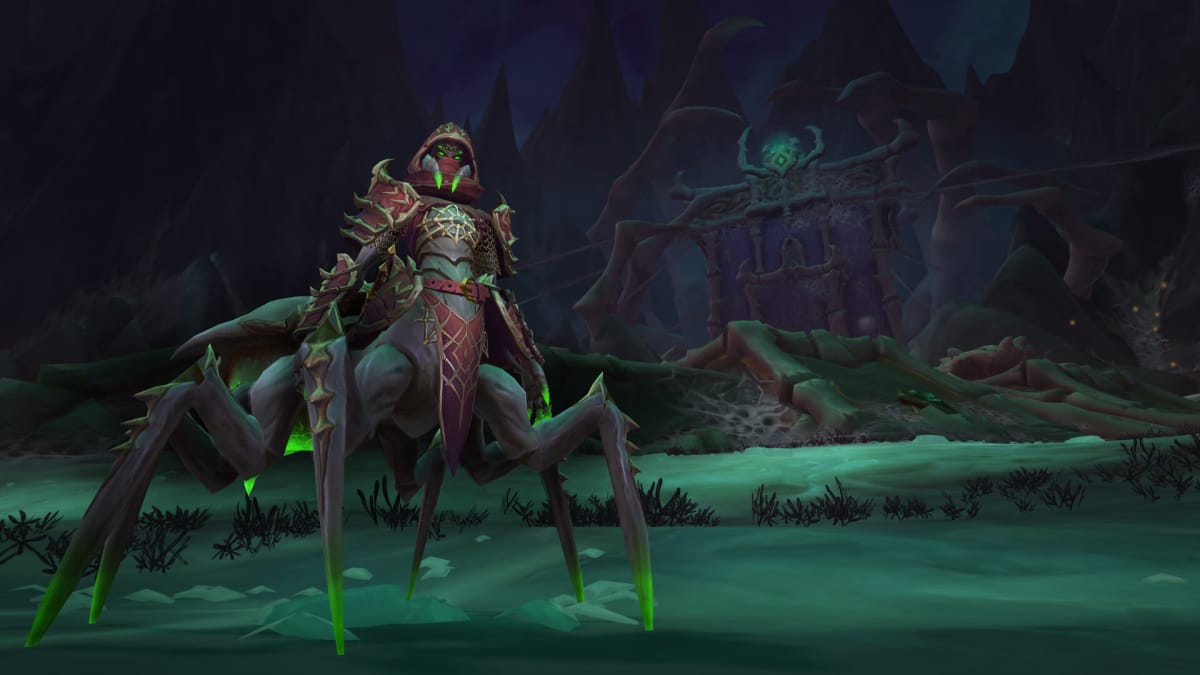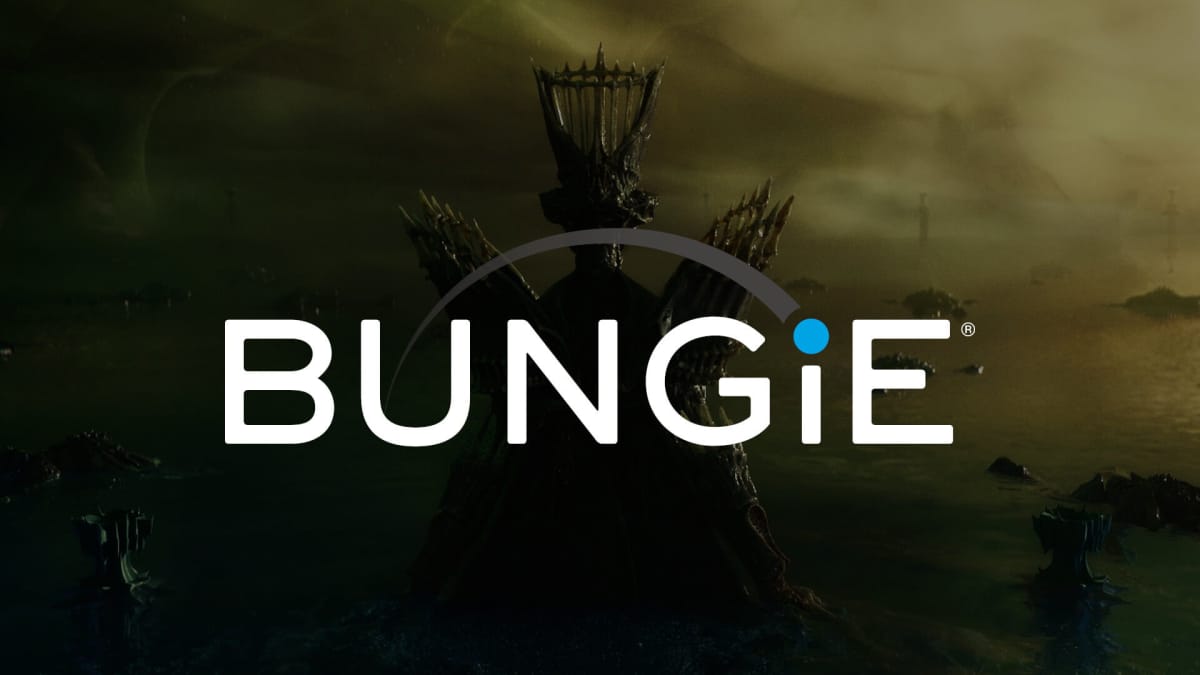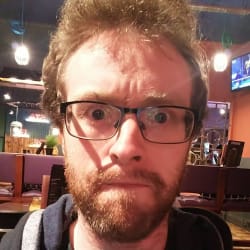Bungie HR head Gayle D'Hondt has stepped down from her role following allegations of toxic workplace culture at the studio. D'Hondt says that it's time for Bungie to "move forward" and create a new HR team comprised of people who are new to the company.
Why has the Bungie head of HR stepped down?
Allegations regarding a toxic workplace culture at Bungie originally emerged back in September. Following those reports, Bungie CEO Pete Parsons declared his intent to improve the company, detailing various initiatives that were in place to improve working conditions and promote diversity. This past Friday, a new report emerged on IGN which detailed the experiences of several employees who described a culture of sexism, harassment, and a "boys' club" mentality. Parsons apologized for the issues outlined in the report, but it seems Bungie isn't done with its response just yet.

According to IGN, Gayle D'Hondt sent an internal email to Bungie staffers today declaring her intent to step down. In that email, D'Hondt says she wants to create a "safe, welcoming, and supportive" environment at Bungie. She goes on to say that the HR team at Bungie needs to reform, employing mostly "people new to Bungie" in order to prevent the boys' club mentality that has apparently prevailed at the studio. D'Hondt reveals that she herself was the victim of abuse while at Bungie; she reported her abuser to the studio, which resulted in the employee in question being fired.
Bungie's situation is far from unique
Unfortunately, the toxic workplace culture that led to Parsons' apology and D'Hondt's departure is far from unique within the gaming industry. Perhaps the most high-profile example of this is the recent turmoil involving Activision Blizzard; the studio is currently embroiled in lawsuits and besieged by constant accusations of sexual harassment and toxicity by current and former employees. Despite the departure of Blizzard head J. Allen Brack, Activision CEO Bobby Kotick is yet to step down, although many in the industry are calling for his resignation.

There's also the case of Ubisoft, a studio that also saw its fair share of departures after allegations of harassment and toxicity. Despite this, however, it seems that very little has changed at the studio; employees are claiming that many of the issues raised are still happening at the company and that the higher-ups don't seem particularly interested in fixing the situation. It's a problem that extends beyond major AAA studios, too; indie devs like Skullgirls studio Lab Zero and Gone Home developer Fullbright have also been subject to allegations of controlling behavior or toxicity in recent months. We'll have to wait and see if D'Hondt's departure from Bungie, as well as Parsons' promises to fix the corporate culture at the Destiny developer, change anything significantly.







